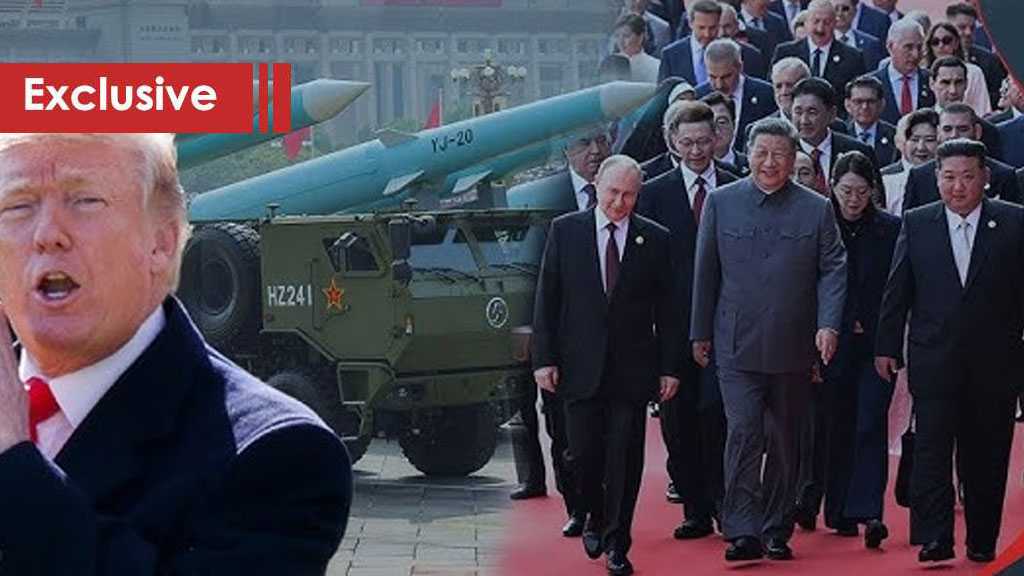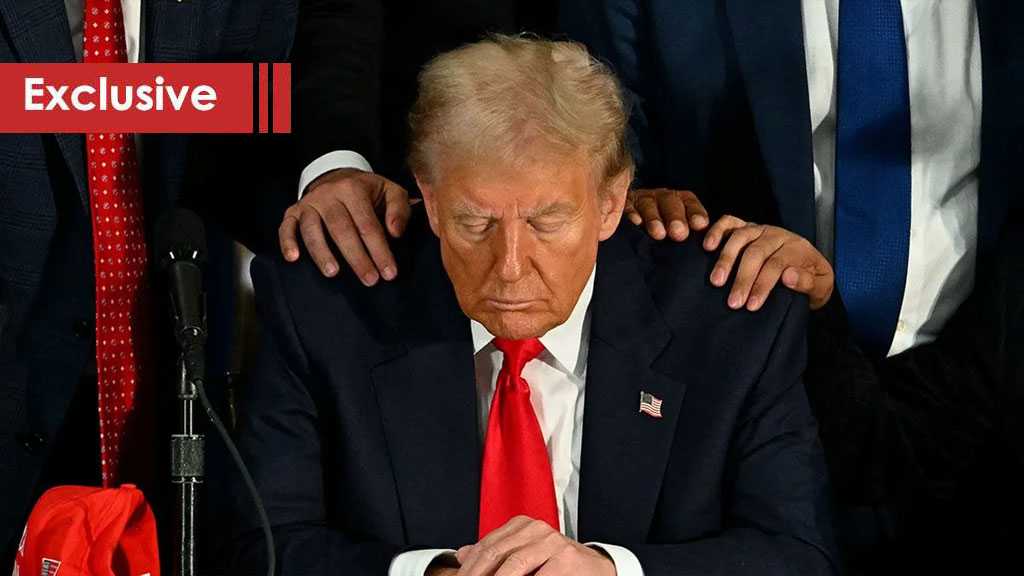The Strongman’s Shadow: Trump’s March Toward Authoritarianism Hits Los Angeles

By Mohamad Hammoud
Lebanon – What began as political theater has morphed into something far more dangerous. In his second presidency, Donald J. Trump no longer hides his authoritarian instincts—he acts on them. From the moment he returned to office, he moved swiftly to punish dissent and concentrate power. He purged perceived disloyalty from federal agencies, stripped the Department of Justice’s independence, and reshaped the Pentagon by installing loyalists.
Trump expanded executive power through emergency declarations, weakened oversight mechanisms, and routinely attacked the free press. Now, in Los Angeles, he has escalated from autocratic rhetoric to brute force: by deploying active-duty Marines to suppress protests, he has crossed a constitutional line. The events in L.A. are not isolated—they are a warning of a deepening democratic crisis.
From Protest to Occupation: The Escalation in Los Angeles
The spark came from aggressive Immigration and Customs Enforcement [ICE] raids in East L.A., where agents detained over forty undocumented workers. Protests erupted, drawing tens of thousands into the streets. Though largely peaceful, isolated incidents of vandalism were used by federal authorities to justify an extraordinary response. Instead of working with local officials, Trump invoked Title 10 authority to bypass the governor and deploy 2,000 National Guard troops—followed by 700 active-duty Marines. Unlike the 1992 deployment after the Rodney King riots, this time, California never asked for help. State and city officials were sidelined. Local governance was ignored.
The Roots of Resistance: Los Angeles and Its Immigrant Soul
Trump’s choice of Los Angeles is no coincidence. The city symbolizes immigrant America and Latino resilience. Once part of Mexico before its 1848 annexation by the US, L.A. has always been a cultural frontier. Its large Latino population, sanctuary policies, and migrant labor history make it a prime target for Trump’s nationalist agenda. Waves of Mexican, Central American, Korean, and Middle Eastern immigrants have shaped the city into a beacon of diversity. Deploying federal troops here is not just political—it’s symbolic.
Authoritarian Logic in Action
Trump’s militarized response in Los Angeles is part of a broader authoritarian arc. Earlier this year, he pressured the FBI to reclassify activist groups as domestic threats, expanding surveillance. He replaced hesitant Pentagon officials with loyalists willing to use force against civilians. He has threatened to withhold federal funds from defiant states, invoking an inflated interpretation of presidential power. Judicial rulings that counter his policies are dismissed with contempt. In Los Angeles, he is attempting to normalize the use of emergency powers to suppress dissent. By framing protest as rebellion, he’s turning civil unrest into an excuse for federal occupation.
State Defiance, Federal Siege
California leaders haven’t stayed silent. Governor Gavin Newsom and Attorney General Rob Bonta filed an emergency lawsuit to demand the removal of federal forces. “This is not law and order—it’s a federal occupation,” Newsom declared. Mayor Karen Bass condemned the deployment as “dangerous political theater,” while local law enforcement insisted they had the protests under control. Still, Washington doubled down. Homeland Security Secretary Stephen Miller labeled protestors “borderline seditionists,” and Vice President J.D. Vance accused California of harboring “enemies of the Constitution.” With no resolution in sight, the standoff deepens.
Federalism in Crisis, Democracy in Peril
This isn’t just a policy clash—it’s a constitutional rupture. If a president can deploy active-duty troops over a governor’s objections to police protest, what checks on executive power remain? The foundations of American democracy—state sovereignty, civilian-military control, separation of powers—are eroding. Legal experts warn that this move blurs the line between military and civilian authority. The Posse Comitatus Act forbids domestic military use except under rare conditions. However, Trump circumvents legal limits with a narrative—labeling protest as an insurrection to justify force. It’s a tactic used by authoritarians around the world.
The Road Ahead: Resistance or Resignation?
The next chapter may unfold in court, but the deeper battle lies in public response. If courts allow this or hesitate, future crackdowns become more likely. With the 2026 midterms looming and Trump relying heavily on executive orders, Los Angeles could become the template for federal suppression nationwide. Trump’s allies are watching—and preparing. So are his critics. The tipping point may have already passed.
Conclusion: A Republic, If You Can Keep It
Deploying Marines in Los Angeles is not about law and order—it’s about power. Trump is testing how far he can go; so far, resistance has been limited to words. His actions echo strongmen everywhere: expand power, silence dissent, erase limits. This is no longer hypothetical. The president is ruling by force. The only question remains: will the nation stop him, or will it adapt to the new normal?
Comments




